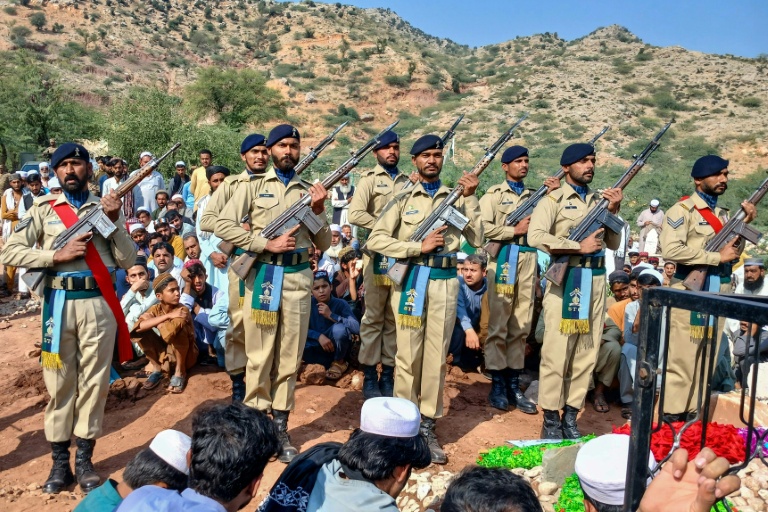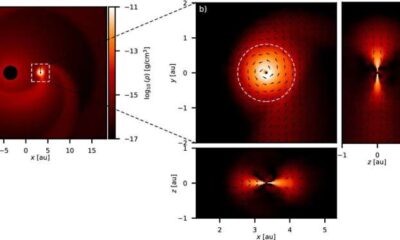Politics
Pakistan and Afghanistan Set for Talks in Qatar After Air Strikes

Pakistan and Afghanistan are scheduled to hold crucial talks in Doha on March 16, 2024, following a series of air strikes by Islamabad that resulted in the deaths of at least ten people. The strikes occurred just one day after a temporary ceasefire had offered a brief respite from escalating hostilities along the border.
Khawaja Asif, Pakistan’s Defence Minister, and General Asim Malik, head of the military’s intelligence agency, will lead the discussions with their Afghan counterparts. The Afghan Taliban confirmed that a delegation, headed by Mohammed Yaqub, the Afghan Defense Minister, has departed for Doha. According to Zabihullah Mujahid, a spokesman for the Taliban government, the talks aim to address ongoing tensions and security concerns.
The ceasefire, which lasted for 48 hours, was intended to halt nearly a week of violent clashes that resulted in numerous casualties on both sides. Late on March 15, Afghanistan accused Pakistan of violating the truce by conducting air strikes in Paktika Province, which reportedly killed ten civilians and injured twelve others, including two children. A provincial hospital official confirmed the fatalities, emphasizing the civilian toll.
The recent violence has affected not only civilians but also the sports community. The Afghanistan Cricket Board announced that three players, who were in the region for a domestic tournament, were among those killed, prompting the board to withdraw from the upcoming Tri-Nation T20I Series against Pakistan scheduled for next month.
Pakistan’s military justified the air strikes as “precision aerial strikes” targeting the Hafiz Gul Bahadur Group, a faction linked to the Tehreek-e-Taliban Pakistan (TTP). Islamabad claims that this group was responsible for a deadly attack on a military camp in North Waziristan, which resulted in the deaths of seven Pakistani paramilitary troops.
At the heart of the ongoing tensions are accusations from Pakistan that Afghanistan is harboring militant groups, specifically the TTP. Kabul has consistently denied these claims. The violence intensified dramatically following a series of explosions in the Afghan capital, Kabul, coinciding with a rare visit by the Taliban’s foreign minister to India, Pakistan’s long-standing rival.
When the ceasefire was announced at 13:00 GMT on March 13, Pakistan indicated it would last for 48 hours, while Afghan officials stated that their understanding was contingent on Pakistan’s adherence to the agreement. Following the air strikes, Asif accused Kabul of acting as “a proxy of India” and suggested that future diplomatic efforts would no longer be framed as appeals for peace.
In a statement shared on social media, Asif declared, “Wherever the source of terrorism is, it will have to pay a heavy price.” Mujahid responded by asserting that Taliban forces have been ordered to refrain from attacking unless provoked by Pakistani forces, thus reiterating Afghanistan’s stance on the escalating conflict.
As the situation develops, the outcome of the talks in Doha may hold significant implications for future relations between the two nations, particularly regarding border security and counter-terrorism efforts.
-

 Science2 months ago
Science2 months agoUniversity of Hawaiʻi at Mānoa Joins $25.6M AI Initiative for Disaster Monitoring
-

 Health2 months ago
Health2 months agoNew Gel Offers Hope for Regrowing Tooth Enamel in Dentistry
-

 Science1 month ago
Science1 month agoALMA Discovers Companion Orbiting Red Giant Star π 1 Gruis
-

 Lifestyle1 month ago
Lifestyle1 month agoPark Jung Min’s Endearing Moment with Hwasa Steals Show at Awards
-

 Science2 months ago
Science2 months agoIROS 2025 to Showcase Cutting-Edge Robotics Innovations in China
-

 Lifestyle2 months ago
Lifestyle2 months agoStone Island’s Logo Worn by Extremists Sparks Brand Dilemma
-

 Lifestyle2 months ago
Lifestyle2 months agoSampson County Celebrates Susie Faison’s 100th Birthday Milestone
-

 Lifestyle2 months ago
Lifestyle2 months agoMary Morgan Jackson Crowned Little Miss National Peanut Festival 2025
-

 Health2 months ago
Health2 months agoStartup Liberate Bio Secures $31 Million for Next-Gen Therapies
-

 Health2 months ago
Health2 months agoTop Hyaluronic Acid Serums for Radiant Skin in 2025
-

 Science2 months ago
Science2 months agoArizona State University Transforms Programming Education Approach
-

 Politics2 months ago
Politics2 months agoJudge Considers Dismissal of Chelsea Housing Case Citing AI Flaws








